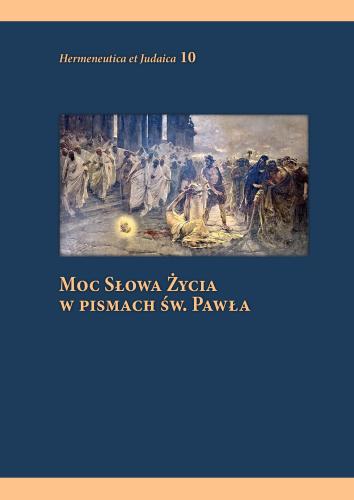The Tree in Eden in the Book of Jubilees
Synopsis
The Book of Jubilees intertextually reinterpreting the biblical books of Genesis and Exodus models them according to the needs of the community of Israel at the time. It gives them a message of hope and encouragement, motivating them to uphold moral and religious norms. In doing so, the author of Jub points out that God’s care for Israel began as early as the first Sabbath in history, the Sabbath of God’s rest after creation. Genesis 2 - 3 in Jub’s reinterpretation sees the biblical tree from the middle of the garden as the “tree of life” and understands it as the “Torah of life.” Unlike in the biblical text, the tree and access to it in Jub’s understanding can be a reward for man. The fruits of the “tree of life” provide the means by which the righteous gain the possibility of eternal life in joy. One can conclude that Jub understands the trees of the biblical garden as symbolizing the righteous who share in eternal life, in the glory of God. Paradoxically, to pick the fruit from the tree is to obtain the means by which a righteous person could live forever. Arguably, the problem is to be found in the use of these means by the whole man. The Garden of Eden, however, will serve as the final abode of the righteous after their death. An intertextual analysis of Jub 3:17–25 shows Adam as the first priest of God’s paradise sanctuary. In this sanctuary, in the scene of temptation by the serpent in Gen. 3:5, Jub seems to see through the use of the plural translation “as God), just like Targum Neofiti, a reference to angelic heavenly beings. The sanctuary of Eden, as interpreted by Jub, can be seen as the sanctuary of human sanctification. Ultimately, the first humans did not take advantage of this opportunity. The Book of Jubilees relates its message to eschatological times, because then human life will be completely renewed (cf. Jub 1:29). It also indicates that life in the end times will be centered around Jerusalem and the Edenic sanctuary, which is to be the source of eternal life. The Garden of Eden, the Garden of Delight in Eden with its tree of life and its fruits, is the “garden of the Torah,” giving eternal life.



